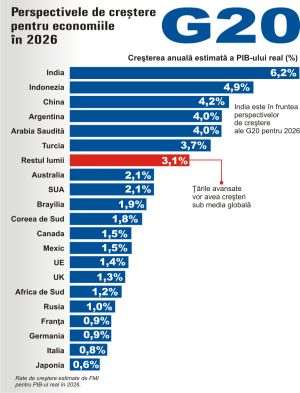In recent times, the United States has witnessed the transition from the Trump administration to the Biden-Harris administration, two distinct approaches to American leadership that have had a profound impact on domestic and foreign policy.
The Trump Administration (January 20, 2017 - January 20, 2021), led by Donald Trump, has been characterized by an "America First" policy, emphasizing economic protectionism, restricting immigration, and reducing federal regulations. His policies were often polarizing and led to significant changes in the economy, foreign policy, and American society. In the economic-financial field, Trump enacted a major tax reform in 2017 that reduced the corporate tax rate from 35% to 21%, boosting investment and job creation. He also renegotiated trade agreements such as NAFTA, replaced by the USMCA, and imposed tariffs on Chinese imports, sparking a "trade war" between the two economies. The Trump administration has abandoned numerous international agreements, including the Paris Climate Change Agreement and the Iran Nuclear Deal, opting for a retreat from traditional multilateral policies. However, Trump strengthened relations with Israel, moving the US embassy to Jerusalem and brokering the Abraham Accords, through which several Arab countries normalized relations with Israel. Unfortunately, due to Donald Trump's nationalist rhetoric and restrictive immigration measures, American society has become polarized. The Trump administration has imposed a travel ban on several Muslim-majority countries and stepped up efforts to build a wall on the border with Mexico. Trump has also been criticized for his reactions to the Black Lives Matter movement, and in June 2020, he used force to disperse protesters outside the White House, drawing backlash.
The Covid-19 pandemic has been a major challenge. Trump initially underestimated the severity of the virus, but later launched Operation Warp Speed to speed up vaccine development. However, the handling of the pandemic has been criticized for a lack of coherent communication and conflicting approaches to protective measures.
The darkest point in Donald Trump's presidential term is his challenge to the outcome of the 2020 election, accusing fraud without conclusive evidence. This culminated in the attack on the Capitol on January 6, 2021, which led to the second impeachment trial, on charges of inciting insurrection.
Unlike Donald Trump, the Biden-Harris administration (January 20, 2021 - present) has prioritized public health, economic recovery, social reforms and combating climate change, addressing the challenges left behind by the previous administration and repositioning the US on the global stage. To combat the Covid-19 pandemic, Joe Biden and Kamala Harris implemented a national vaccination campaign, distributing vaccines for free and promoting protective measures, such as wearing masks, to reduce the rate of transmission of the virus. During the current US presidential administration Joe Biden signed the American Rescue Plan Act, a $1.9 trillion economic stimulus package that included direct payments to citizens and support for small businesses, emphasizing aid for middle-class families and those with low income. Through the Bipartisan Infrastructure Deal, the Biden-Harris administration allocated $1.2 trillion to modernize roads, bridges, and develop Internet and energy infrastructure designed to support long-term economic growth. Biden brought the US back into the Paris Agreement and set the goal of net zero emissions by 2050, including measures to promote green energy and tough regulations on polluters, thus proposing a strong action plan against climate change.
On the social front, Joe Biden and Kamala Harris have promoted gender and racial equality, advocating for social justice and policing reforms. In addition, Vice President Kamala Harris, the first black woman in that position, symbolized a significant advance in advancing equality in American politics. Joe Biden and Kamala Harris have supported proposals to reduce education costs and expand access to health care, promoting reforms to improve access to health care and reduce drug costs.
Externally, Biden has sought to restore alliances, strengthening relations with NATO, supporting Ukraine and taking a firm stance on China. His administration promoted democratic values globally and supported human rights, trying to reposition the US as an international leader.
However, the Biden-Harris Administration has faced significant challenges, including handling the southern border crisis, inflation and economic problems. Another major challenge was the withdrawal from Afghanistan, which drew criticism because of the associated security concerns.
What is certain is that both the Trump administration and the Biden-Harris administration have had a strong impact on the direction of the US. Trump has led an administration marked by nationalist policies, with an emphasis on the domestic economy and immigration restrictions, but also by a maverick approach abroad, which has generated international tensions. Instead, the Biden-Harris administration has focused on post-pandemic economic recovery, restoring international alliances, and addressing climate change, all with an emphasis on equity and social reforms.







































